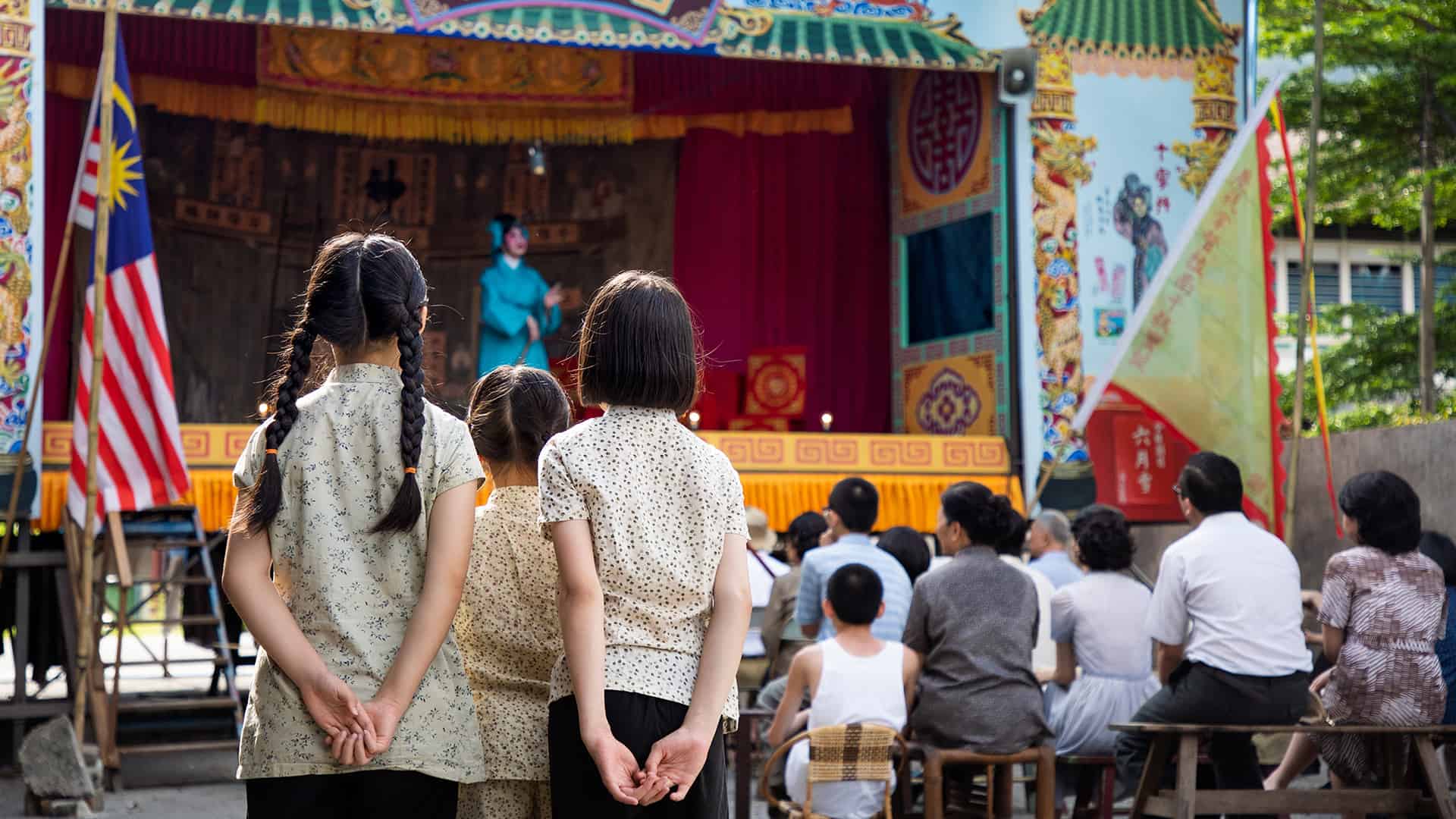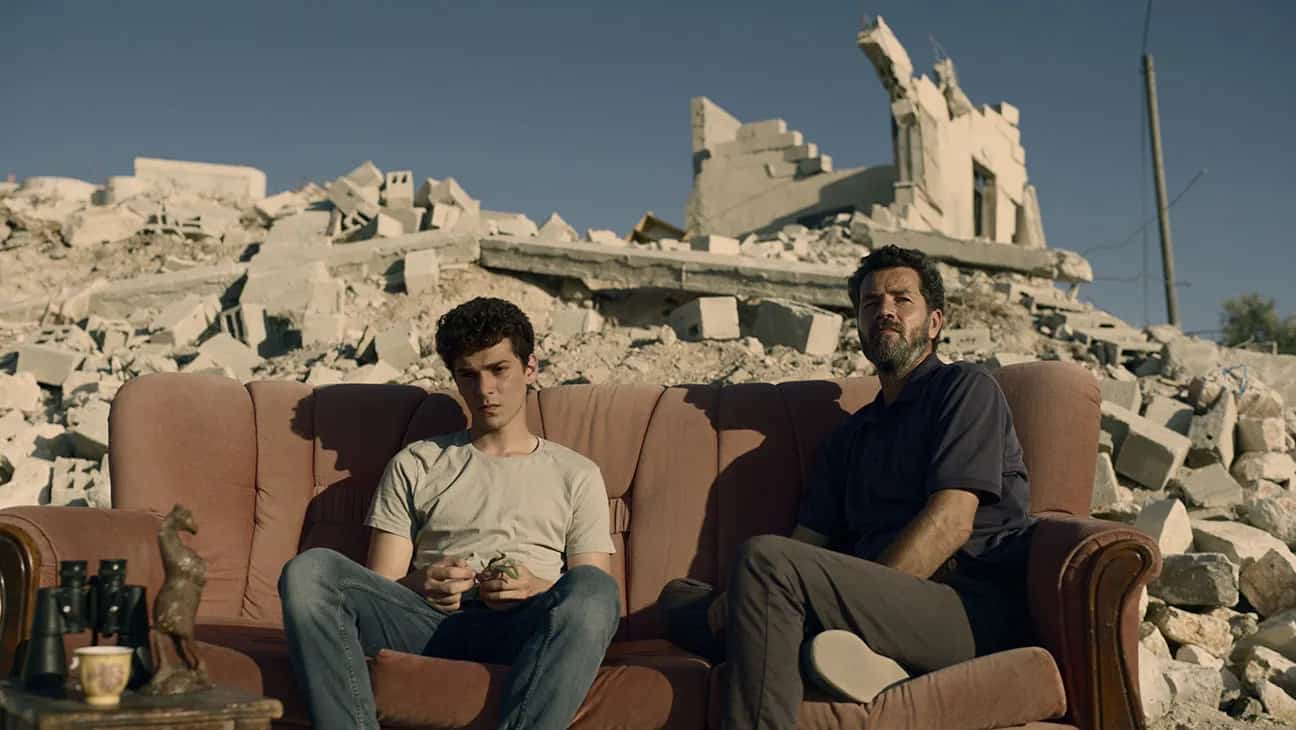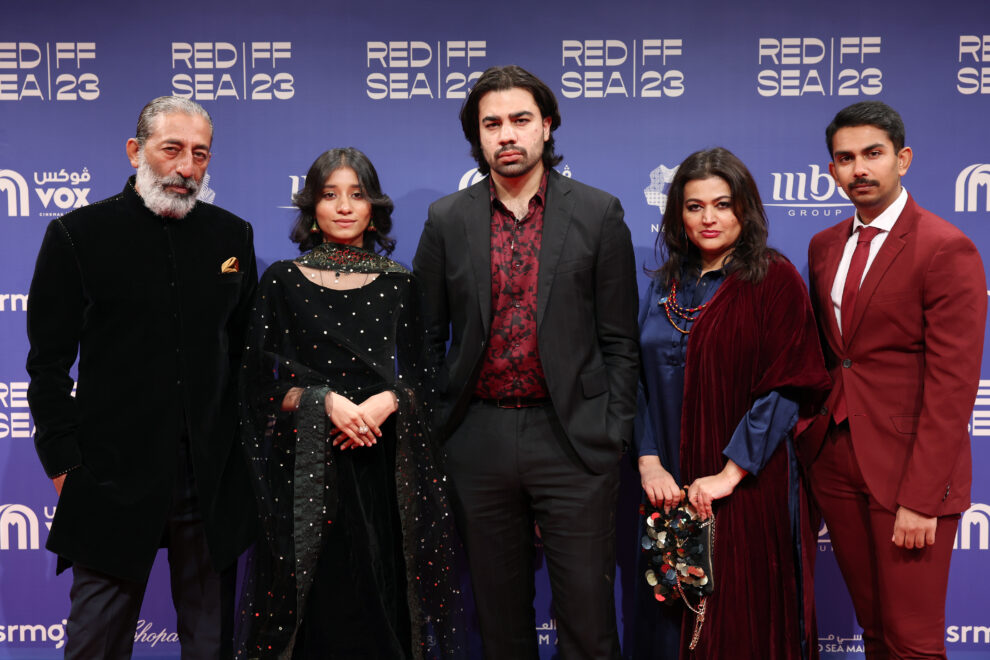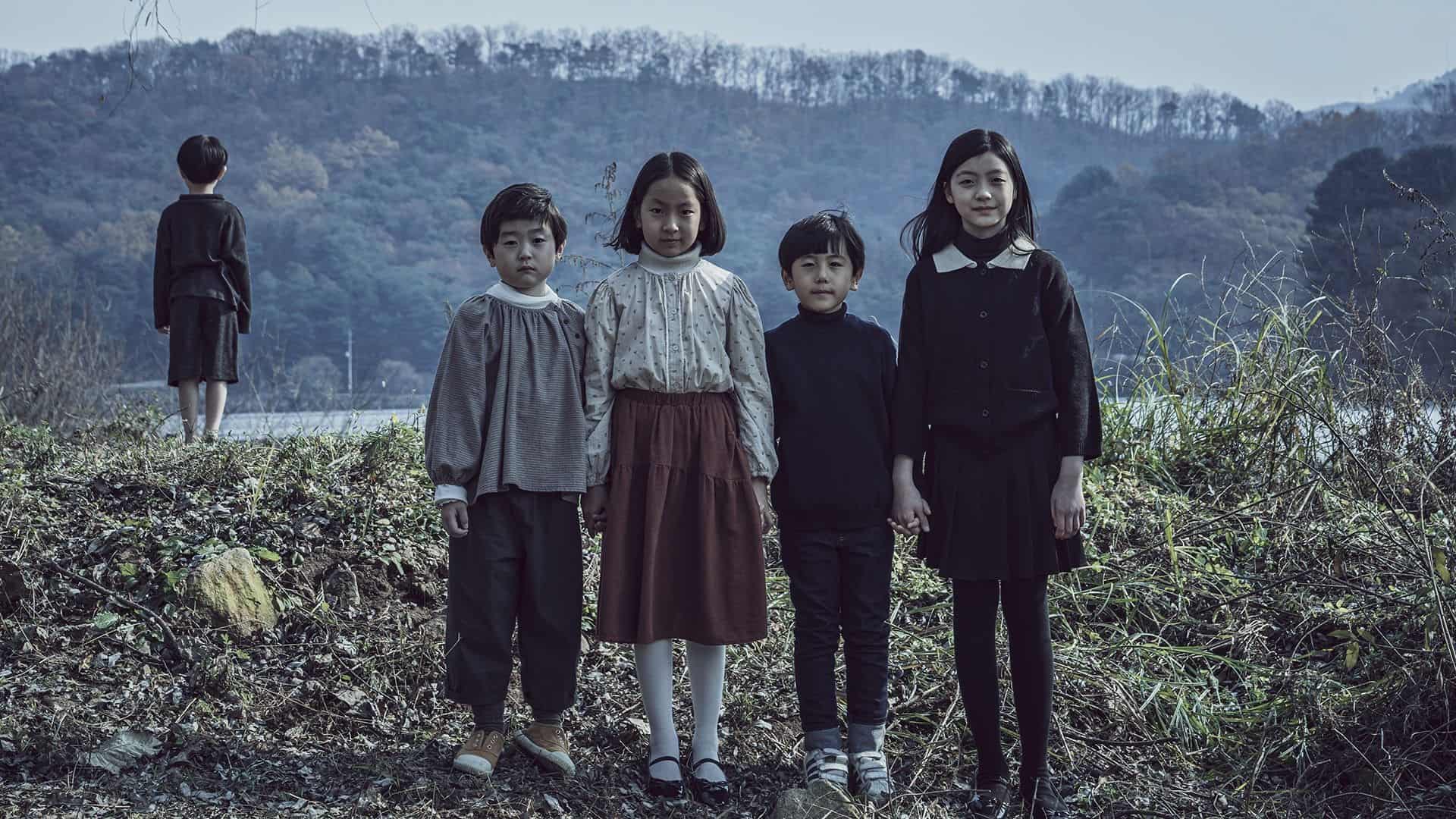Click on the titles for the full articles
Film Review: Snow in Midsummer (2023) by Keat Aun Chong

“Snow in Midsummer” is a film that will appeal more to the Malay audience, particularly the ones who have some knowledge of the elements mentioned above, but also to those who can enjoy movies without understanding them fully. And the truth is, that there is enough artistry and beauty here to allow just that. (Panos Kotzathanasis)
Interview with Keat Aun Chong
Interview with Park Ki-yong
Interview with Yasna Mirtahmasb and Parviz Shahbazi
Film Review: Wakhri (2023) by Iram Parveen Bilal

Iram Parveen Bilal does one very smart thing with the film, essentially mirroring her protagonist's persona. She fills the screen with impressive colors, intriguing frames, rather entertaining music, and a truly charismatic protagonist who clearly draws utmost attention every time she appears on screen, either as Noor or Wakhri. This choice allows her to keep the movie quite entertaining from beginning to end, essentially forcing the viewer to be glued to the screen, and thus making the communication of her comments more impactful. (Panos Kotzathanasis)
Interview with Iram Parveen Bilal
Interview with Bakhtawar Mazhar and Gulshan Majeed
Film Review: The Teacher (2023) by Farah Nabulsi

Farah Nabulsi directs a film that has a specific goal, of highlighting the injustices the Palestinians suffer under the Israeli Occupation Forces, in all its glory. Having their houses torn down and asked to pay for the demolition is just the beginning, as we watch Israeli judges failing to give justice to any Palestinian claim, while imprisoning youths even for participating in demonstrations against Israel. The suffering of these tormented people permeates the narrative, essentially justifying their own violence as a reaction to oppression. (Panos Kotzathanasis)
















